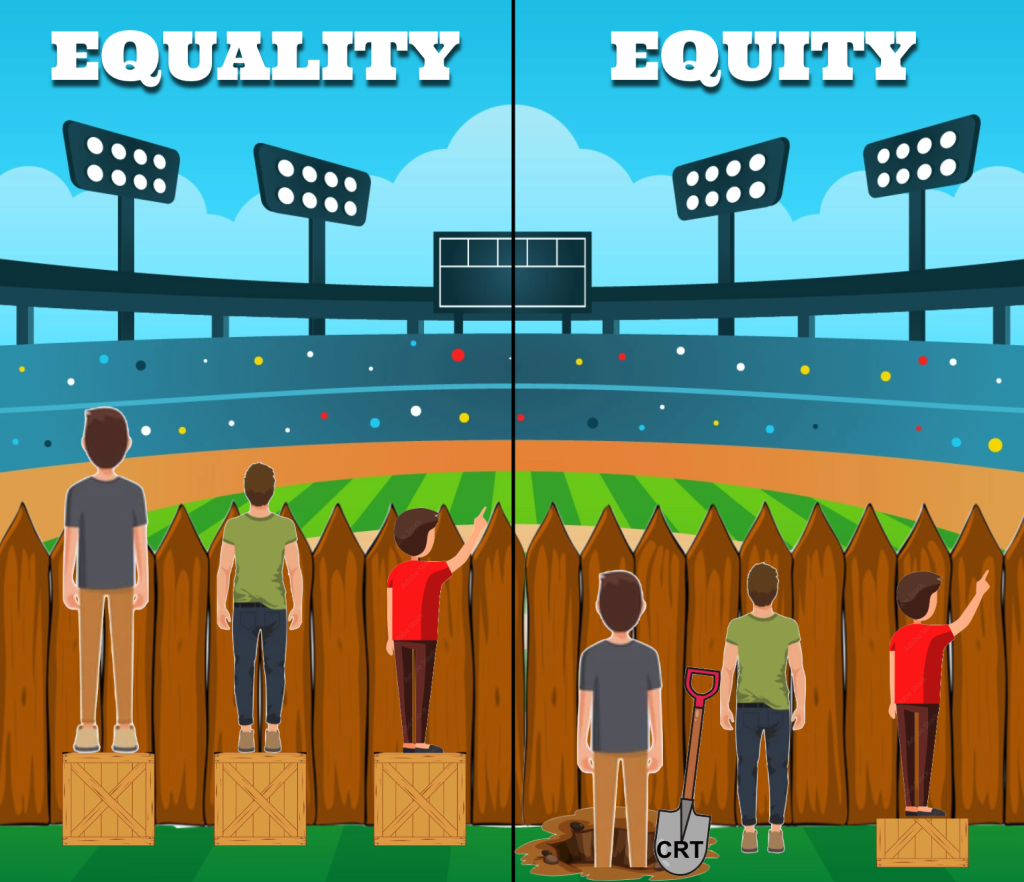Please Follow us on Gab, Minds, Telegram, Rumble, Gettr, Truth Social, Twitter
The Connecticut State Department of Education (CSDE) recommended on September 6, 2023, that the State Board of Education (SBE) approve the endorsement of the Equity in Mathematics Education: A Joint Position Statement for Connecticut.
The CSDE and others developed the joint statement to order to "reconceptualize and transform" math education, policies and practices in the state.
No one would argue that the state needs to improve math literacy among all students, especially since less than half of students from grades 3-11 met or exceeded math standards on the most recent Smarter Balanced Assessments.

The reason to transform math is, according to the position statement, because "mathematics has traditionally marginalized groups of students through our cultural practices of keeping students as receivers of knowledge, and not creators." As if anyone understands what that really means.
Nonetheless, the position statement tells you how important it is to bring student backgrounds into the equation so they can understand their "mathematics identity" and be able to apply what they learn to "problems within society".
In this equitable version of math, no student should be held back due to an inability to compute the answers. Instead, the statement argues that math programming should be modernized to offer "relevant content" to all students.
Equitable math requires the elimination of systems traditionally used for remediation, acceleration, or intervention, as well as systems of leveling or tracking. That's because "equitable student outcomes require curbing and ultimately eliminating tracking practices...".
This potentially means saying goodbye to gifted programs, kind of like what happened with New York City public schools.
The position paper contends that systemic racism is at work here, along with implicit bias that might cause an educator to subconsciously make decisions about what mathematics students are “ready” to learn and the ways in which they “can” learn it. The equity lens must then be employed so that students "can see themselves as doers of mathematics".
Additionally, "grading practices that allow assessments to be used to their full potential" are recommended to ensure equitable mathematics. That sounds like grading for equity, something which has already been tested in Stamford Public Schools.
The position statement draws on some obviously biased sources, including one reference which argues that a social justice stance should be taken in mathematics in order to challenge the roles of power, privilege and oppression. In math.
Equally important, a social justice stance interrogates and challenges the roles power, privilege, and oppression play in the current unjust system of mathematics education—and in society as a whole.
Mathematics Education Through the Lens of Social Justice:Acknowledgment, Actions, and Accountability
But is more equity really what Connecticut needs in order to address the fact that only 42.5% of students across the state are meeting the standards in math?



Reading this hurts my brain! These people are out of their minds and they are dumbing down our children in the name of BS equity.
The fact that this “idiocracy” is even permitted to be proposed, is telling! The United States is creating a society of dependents- incapable of standing up to its Elite Masters…CT is leading the way!👿